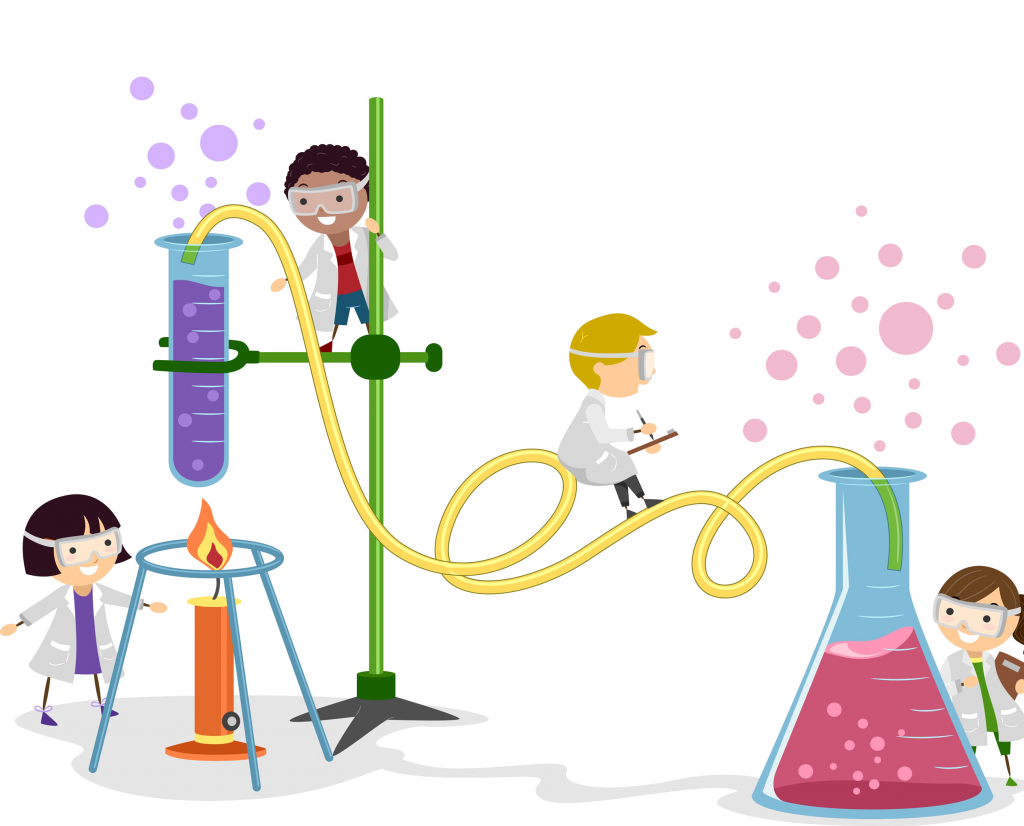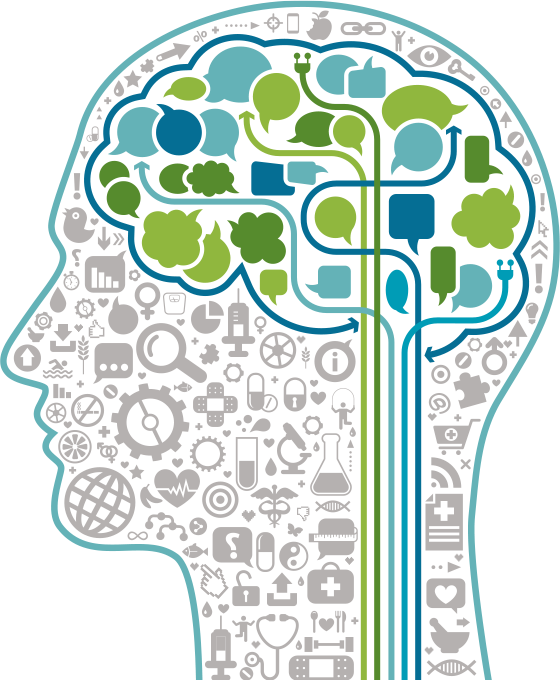
Lab 7: Encoding Specificity Experiment
PSYC 2401 Lab
Encoding Specificity Experiment

Experiment Instructions

Log into your CogLab account and click on “complete lab”
↓
Then, select “28. Encoding Specificity”
↓
Please, Do not read the “background” or the “instructions”. Click here for the experiment instructions
↓
After you are done, you are free to scroll to the top and read the “background” section

Encoding Specificity

The principle of encoding specificity posits that a really important factor for recalling something is the presence of same/similar cues* both at the encoding stage and retrieval stage. This effect is also sometimes referred to as “context-dependent memory”.
*Cue: objects or events, usually present during encoding, that help trigger a memory.


Encoding Specificity in Action?

A classical example of this principle in the encoding specificity literature comes from Godden and Baddeley (1975):
In this experiment, participants were asked to either learn a set of words under water or on land, and then asked to recall the learnt words either under water and on land.
It was found that participants exhibited significantly better recall when the retrieval condition matched the encoding condition (e.g., water/water did better than water/land).
Unfortunately, a recent attempt to replicated this study was not successful (Murre, 2021) 😢
Any Questions? 🤔

…And Class is over!🙃

Lab 7: Encoding Specificity Experiment